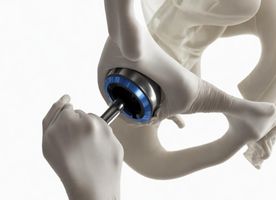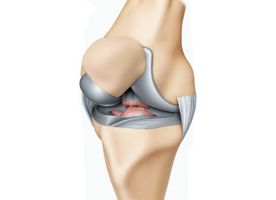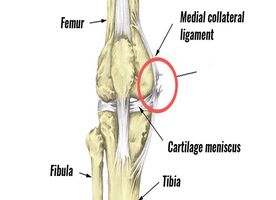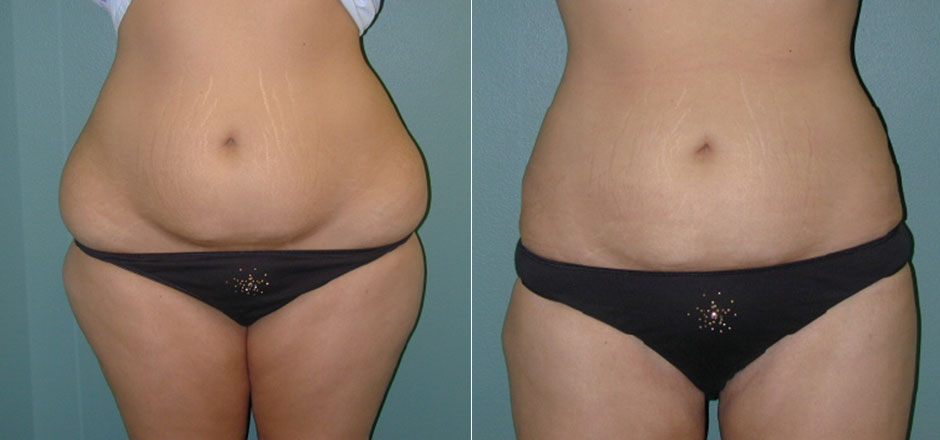Ankle Surgery in Batam
Search and Compare the Best Clinics and Doctors at the Lowest Prices for Ankle Surgery in Batam






Ankle Surgery at Awal Bros Batam in Riau Islands, Indonesia
Our partner clinics in are accredited by the following associations





































































































































No Time?
Tell us what you're looking for and we'll reach out to the top clinics all at once
WHY US?





































































































































No Time?
Tell us what you're looking for and we'll reach out to the top clinics all at once
What is the cost of Ankle Surgery in Batam?
Determining the exact cost of Ankle Surgery in Batam depends on various factors. These include the complexity of the procedure, your specific needs, and the clinic’s pricing policies. The price ordinarily encompasses the consultation, surgical, anaesthesia, and facility fees. Additionally, any prescribed medications, pre-surgery testing, or materials used during the procedure can add to the total cost. The cost varies significantly, ranging from a couple of hundred to a few thousand dollars. Though, some insurance companies may cover a fraction of the entire amount if it's health-related. Therefore, discussing these monetary aspects with your insurance provider and medical professional is crucial before proceeding with the procedure.
How Long Should I Stay in Batam for a Ankle Surgery Procedure?
It's crucial to understand that the hospital stay is a necessary part of the whole surgical process designed for your wellbeing. Should your physical condition allow, you'll probably only have to endure a hospital stay of 2 to 3 days. Yet, the time frame you need to dedicate to both your initial recovery and subsequent follow-ups with your surgeon is projected around a span of 7 to 14 days. This period, spent within the nurturing boundaries of Batam, should be seen as a critical investment in your health. The removal of the stitches, an integral part of your recuperation process, is generally carried out within 14 days.
Notwithstanding, if you deem that residing in Batam for such a stretch weighs heavily on your usual life tempo, we've devised a workaround. Your homely and trusty local doctor can handle this simple procedure, thus letting you mix comfort with convenience happenstance. Keep in mind that we are ready to bend backwards to ensure your comfort and swift recovery. Our ultimate goal is to help you regain your health and vitality. We will do everything in our power to make this process as seamless and stress-free as it can possibly be.
What's the Recovery Time for Ankle Surgery Procedures in Batam?
Following your procedure, your wellbeing must come first. Therefore, it will be important for you to allot a period of four to six weeks to rest and recuperate. This translates into taking a necessary pause from your daily work routine. For those with occupations entailing physical labor, the time for convalescence may be considerably extended. Don't rush the process. Total recovery will be a marathon, not a sprint. You should anticipate it taking up to a year before resuming most of your regular activities. This allows for gradual, sustainable progress. Activities such as swimming, hiking, and cycling will once again be within your reach in due course. However, caution must still prevail. Avoid high-impact exercises that could compromise the integrity and stability of your new ankle. Take the long view of your recovery. Consider your health as an investment in your future joy and fulfillment. Your ongoing cooperation and patience during this crucial period will be instrumental in attaining a successful outcome.
What sort of Aftercare is Required for Ankle Surgery Procedures in Batam?
Starting to move quickly following your surgery and sticking to a physical therapy routine are both critical to a faster recovery. A certified physical therapist, an expert in their field, will lead you through exercises tailored specifically to you - improving the flexibility and strength of your ankle and boosting your confidence in your recovery. This isn't a recommendation, it's a necessary part of the healing process.
Remember that for approximately six weeks after surgery, crutches will be your trusted aides—it's non-negotiable. Also, during this time, resist any urge to put weight on your healing ankle to avoid hampering the recovery. Be determined and aware of strictly following this advice.
What's the Success Rate of Ankle Surgery Procedures in Batam?
Operation success in ankle joint replacement surgery in Batam typically depends on several factors. Firstly, the surgery aims at significantly reducing the patient’s pain by replacing the arthritic ankle. Secondly, it seeks to correct any joint malalignment. Both objectives are usually well-achieved through careful pre-operative planning and the use of precise intra-operative equipment.
The post-surgery range of movement may vary among patients. However, most express satisfaction due to pain reduction, making any additional movement an added bonus. Rehabilitation protocols further help in achieving the best possible range of movement. Ultimately, patients must understand that surgery doesn't necessarily return the normal ankle flexibility but effectively alleviates ankle problems. With clear expectations and proper information, patients usually end up satisfied post-ankle replacement.
Are there Alternatives to Ankle Surgery Procedures in Batam?
If you find yourself less than an ideal candidate for surgical intervention, rest assured, your surgeon may be inclined to propose a range of nonsurgical treatments perfectly fitting to your condition. You may be expertly counseled to consider options such as wearing orthotics to adequately support your ankle, utilizing canes or braces for assured joint stability, or undergoing cutting-edge treatments like Platelet-Rich Plasma (PRP) and physical therapy regimes. In certain cases, your surgeon may recommend a potent steroid injection into the affected joints, effectively targeting and alleviating your discomfort. Remember, these alternatives are tailored to your unique needs, concurrently maximizing your recovery potential while minimizing any associated risks. Understand that when surgery isn't a viable solution, these powerful and effective alternatives hold the key to restoring your health and wellbeing.
This information has been accurately sourced and verified by a medical professional for its accuracy, however, we strongly recommend you to consult with your doctor before pursuing medical procedures overseas.












